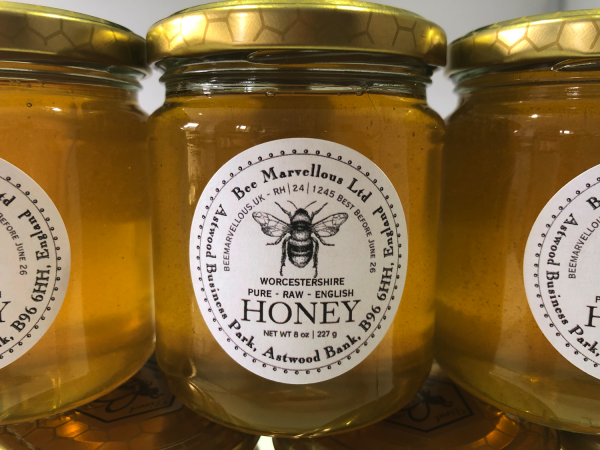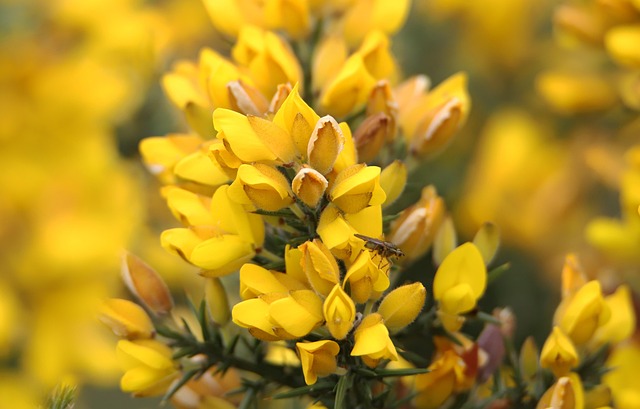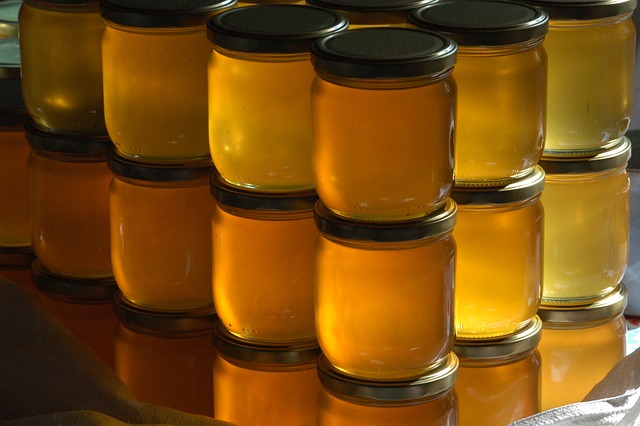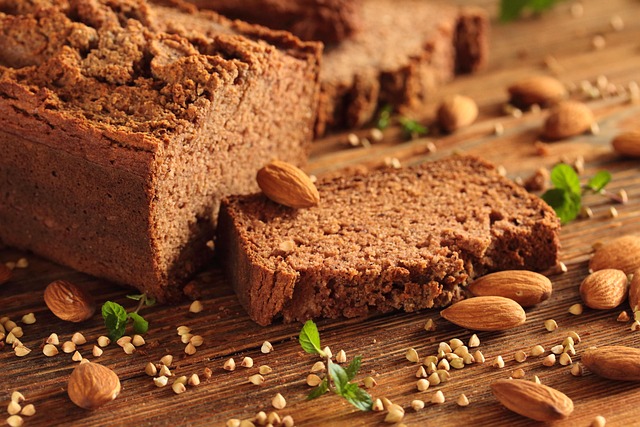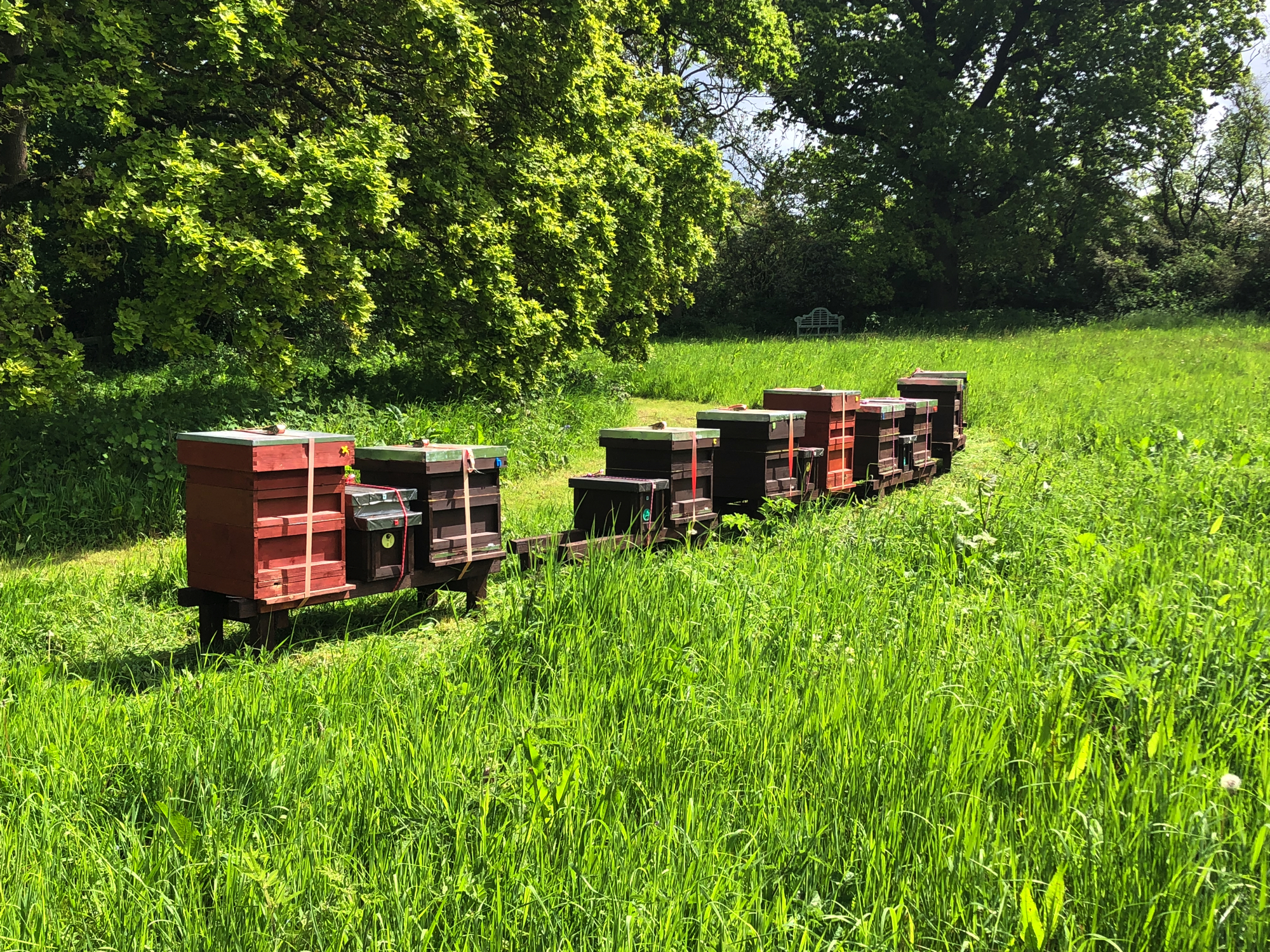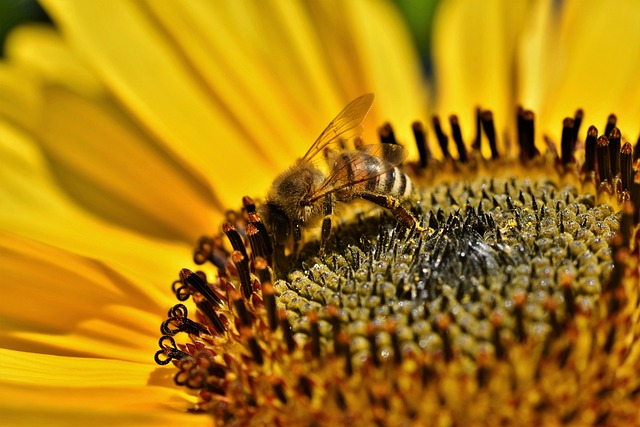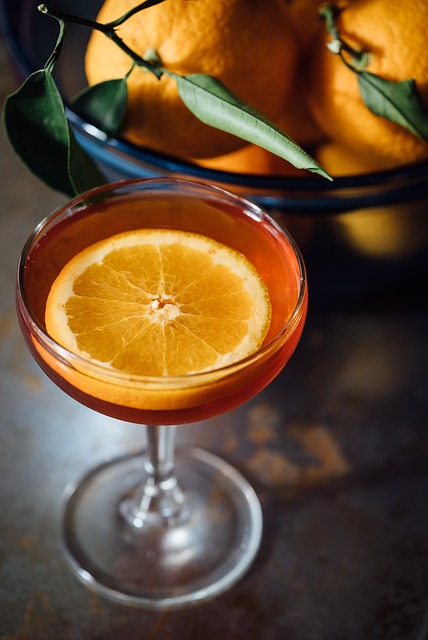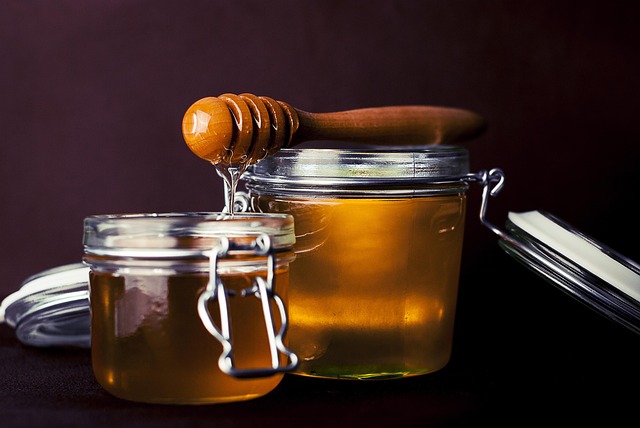
In an era where environmental consciousness is paramount, the choices we make in our daily lives can have profound impacts on the health of our ecosystems. One such choice lies in the humble jar of honey we select for our kitchens. While supermarket shelves are often stocked with imported varieties from distant lands, opting for local honey offers a myriad of environmental benefits that extend far beyond mere taste. Produced in small batches by dedicated beekeepers within our own communities, local honey embodies sustainability, biodiversity preservation, and a reduced ecological footprint. Let us delve deeper into why embracing honey sourced from nearby apiaries, such as those nestled in the verdant landscapes of Worcestershire, is not just a preference but a responsible act for the environment.
Reducing Carbon Emissions Through Shorter Supply Chains
One of the most compelling arguments for local honey revolves around its minimal transportation requirements. Imported honey, often travelling thousands of kilometres from countries like China, Argentina, or New Zealand, contributes significantly to greenhouse gas emissions. The logistics involved—shipping across oceans, trucking over vast distances, and even air freight in some cases—rely heavily on fossil fuels, exacerbating climate change. In contrast, local honey is harvested, processed, and delivered within a confined radius, drastically cutting down on fuel consumption and associated pollution.
Imagine honey gathered from bees foraging in the rolling hills of the English countryside, where the journey from hive to home might span just a few dozen miles. This localised approach not only lowers carbon dioxide output but also diminishes the need for energy-intensive packaging and preservation methods used in long-haul transport. By choosing such honey, consumers actively support a model that aligns with the principles of a circular economy, where resources are utilised efficiently and waste is minimised. The result? A sweeter indulgence with a far lighter environmental burden.
Bolstering Biodiversity and Ecosystem Health
Bees are the unsung heroes of our natural world, pollinating an estimated one-third of the food we consume and playing a crucial role in maintaining floral diversity. Local honey production inherently promotes this biodiversity because it relies on bees interacting with indigenous plants, wildflowers, and hedgerows. In regions like the UK’s Worcestershire, where apiaries are dotted amidst pastures, fields, woodlands, streams, and rivers, bees forage on a rich tapestry of native flora. This not only produces honey with unique floral notes but also ensures the continuation of local plant species, which in turn supports wildlife habitats.
Unlike large-scale commercial operations that may introduce non-native bee strains or monoculture farming practices, local beekeepers often prioritise harmony with the environment. Their small-scale methods encourage the preservation of natural landscapes, preventing habitat loss that plagues industrial agriculture. For instance, honey from bees thriving in unspoiled rural settings helps sustain populations of butterflies, birds, and other pollinators, creating a ripple effect of ecological balance. By purchasing local honey, we incentivise these stewards of the land to continue their work, fostering resilient ecosystems that can better withstand challenges like climate variability and habitat fragmentation.
Promoting Sustainable and Ethical Beekeeping Practices
The environmental advantages of local honey are further amplified by the sustainable practices employed by community-based producers. Many local beekeepers adhere to methods that avoid overheating or fine-filtering, preserving the honey’s natural enzymes, antibacterial properties, and nutritional integrity. This raw, unadulterated approach minimises energy use in processing, as there’s no need for high-temperature pasteurisation or chemical additives that are common in mass-produced imports.
Moreover, local operations tend to emphasise bee welfare, avoiding the overuse of pesticides and antibiotics that can leach into the environment and harm non-target species. In picturesque areas such as Worcestershire’s countryside, where honey is crafted in small batches reflecting the region’s stunning natural beauty, beekeepers often integrate their apiaries into existing ecosystems without disrupting them. This contrasts sharply with industrial honey production, which can involve migratory beekeeping—transporting hives across continents, stressing bee colonies and spreading diseases. Supporting local honey thus champions a gentler, more regenerative form of agriculture that replenishes rather than depletes the earth.
Mitigating the Risks of Imported Honey’s Hidden Impacts
It’s worth considering the broader implications of imported honey on global environments. Many foreign suppliers operate in regions where deforestation for agriculture is rampant, leading to soil erosion, loss of carbon sinks, and biodiversity decline. The demand for cheap, mass-produced honey can drive unsustainable practices, such as overharvesting or the conversion of wild lands into apiary farms. Local honey sidesteps these issues entirely, as it is rooted in areas where environmental regulations are stringent and community oversight ensures accountability.
In the UK, for example, honey from local sources like those in Worcestershire’s heartland is often produced with a deep respect for the land’s heritage. Bees foraging freely in diverse, unmanaged spaces yield a product that is not only pure and fresh but also emblematic of environmental stewardship. This localised model reduces the incentive for exploitative global trade, helping to curb the indirect contributions to tropical deforestation or water scarcity in distant producer countries.
A Call to Action: Embracing Local Honey for a Greener Future
As we navigate the complexities of environmental conservation, the shift towards local honey represents a simple yet powerful step. It encapsulates the beauty of nature’s finest offerings—bursting with the essence of wildflowers, trees, and hedgerows—while contributing to a healthier planet. Whether in a modest 250g jar or a more substantial 454g size, this honey serves as a wholesome addition to diets, supporting wellbeing without compromising the earth.
By choosing honey from nearby, passionate producers who operate apiaries in the UK’s scenic locales, we invest in a sustainable future. These individuals, driven by a love for bees and their craft, offer products that are natural, raw, and unheated, ensuring every spoonful is a testament to environmental harmony. So, the next time you reach for a jar, consider the profound difference local honey makes—not just to your palate, but to the world around us. It’s a choice that savours the taste of responsibility, one golden drop at a time.
